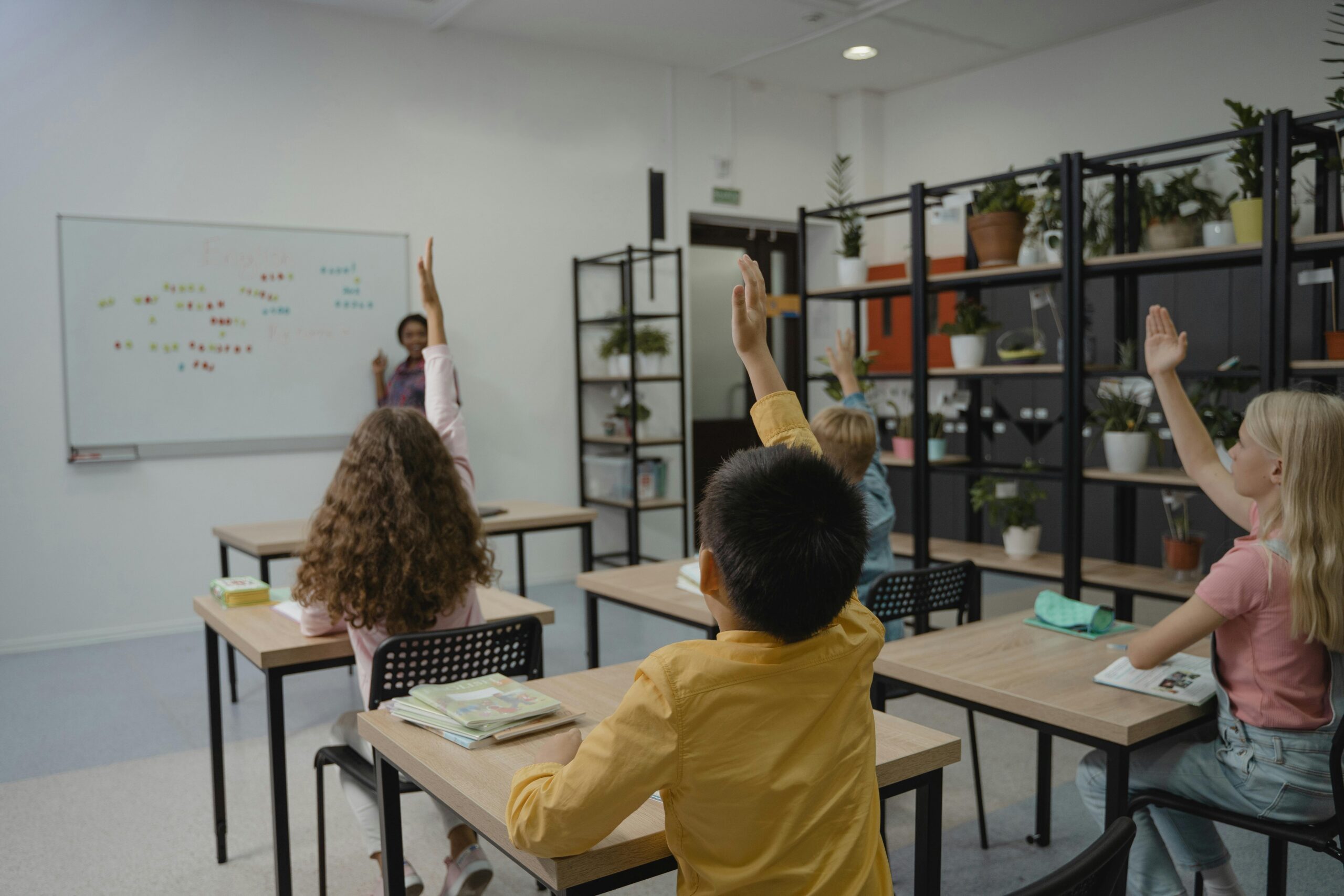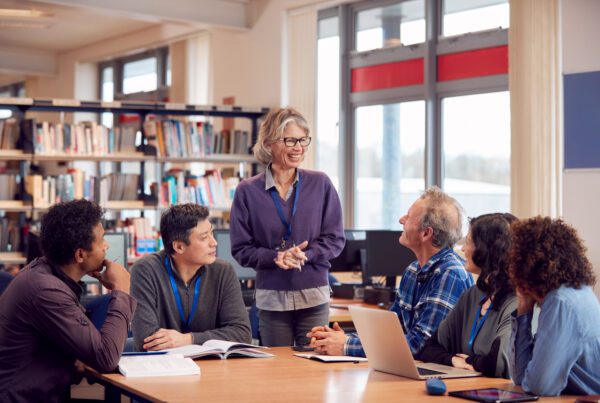In the dynamic and ever-evolving field of education, professional development is crucial for K-12 teachers and school educators.
Traditionally, professional learning has been synonymous with formal training sessions, workshops, and conferences. However, there is a growing recognition of the value of informal learning as a vital component of professional growth.
In this article, we explore why both formal and informal learning are essential professional learning opportunities for educators, highlighting their unique benefits and the synergy they create.
Understanding Formal Learning
Formal learning refers to structured educational experiences typically designed with specific learning outcomes in mind. These include:
Workshops and Seminars
These are often organised by educational institutions, districts, or professional organisations. They provide a platform for educators to learn about new teaching strategies, curriculum changes, and technological advancements.
Conferences
Attending conferences allows educators to network with peers, gain insights from expert speakers, and participate in specialised sessions tailored to their interests.
Advanced Degrees and Certifications
Pursuing further education, such as a master’s degree or professional certification, deepens teachers’ knowledge and opens doors to career advancement opportunities.
Benefits of Formal Learning
Structured Learning Path
Formal learning provides a clear, structured pathway for educators to follow, ensuring comprehensive coverage of the subject matter.
Credentialing and Recognition
Completing formal courses and earning certifications adds to an educator’s credentials, enhancing their professional profile.
Access to Expert Knowledge
Formal learning often involves direct access to experts in the field, providing educators with cutting-edge information and best practices.
Embracing Informal Learning
Informal learning, on the other hand, is more spontaneous and self-directed. It occurs outside traditional educational settings and includes activities such as:
Self-Directed Learning
Engaging in reading educational blogs, watching instructional videos, and exploring new teaching tools and apps.
Peer Collaboration
Working with colleagues on lesson plans, sharing resources, and discussing teaching strategies in informal settings.
Online Communities
Participating in forums, social media groups, and other online platforms where educators share experiences and advice.
Benefits of Informal Learning
Flexibility and Accessibility
Informal learning can happen anytime and anywhere, fitting seamlessly into an educator’s busy schedule.
Personalised Learning
Educators can tailor their learning experiences to their specific needs and interests, making it more relevant and engaging.
Continuous Improvement
The informal learning approach fosters a culture of continuous improvement, encouraging educators to seek out new knowledge and skills on an ongoing basis.
The Synergy of Formal and Informal Learning
The integration of formal and informal learning creates a holistic approach to professional development. Here’s how they complement each other:
Bridging Theory and Practice
Formal learning provides the theoretical foundation necessary for effective teaching. Educators gain a deep understanding of pedagogical principles, curriculum standards, and assessment strategies. Informal learning, on the other hand, enables teachers to apply this theory in real-world settings. Through collaboration and experimentation, they can adapt and refine their practices to better meet the needs of their students.
Encouraging Lifelong Learning
The dynamic nature of education requires teachers to be lifelong learners. Formal learning equips educators with essential skills and knowledge, while informal learning fosters a mindset of continuous growth. By engaging in both forms of learning, teachers remain adaptable and open to new ideas, which is crucial in an ever-changing educational landscape.
Building a Professional Learning Network
Formal learning often provides initial connections with experts and peers. Informal learning strengthens and expands these networks. Online communities, social media, and peer collaborations extend the professional learning network, offering ongoing support, inspiration, and resources.
Enhancing Reflective Practice
Reflective practice is a cornerstone of effective teaching. Formal learning experiences encourage educators to reflect on their practices in a structured manner. Informal learning offers more frequent opportunities for reflection, as teachers discuss challenges and successes with their peers or engage with content that prompts new ideas. This continuous cycle of reflection and action leads to meaningful professional growth.
Read our recent article on ‘Why is reflective practice a useful tool for professional development?’
Practical Steps for Integrating Formal and Informal Learning
To maximise the benefits of both formal and informal learning, educators can take the following steps:
Set Clear Goals
Identify specific professional development goals and seek out both formal and informal learning opportunities that align with these objectives.
Create a Learning Plan
Develop a balanced learning plan that incorporates formal courses, workshops, and informal activities like peer collaboration and online learning.
Engage in Reflective Practice
Regularly reflect on learning experiences, considering how new knowledge and skills can be applied in the classroom.
Leverage Technology
Utilise technology to access a wide range of learning resources, from online courses on EC Premium to social media groups and educational blogs.
Build a Support Network
Connect with other educators to share experiences, resources, and support, both in-person and online.
Cultivating a Dynamic Professional Development Journey, Lesson By Lesson
Formal and informal learning are essential professional development opportunities for K-12 teachers and school educators. While formal learning provides structured, in-depth knowledge and credentials, informal learning offers flexibility, personalisation, and continuous improvement. By embracing both, educators can create a rich, dynamic professional development journey that enhances their teaching practice and ultimately benefits their students. As the landscape of education continues to evolve, the synergy of formal and informal learning will remain a cornerstone of effective professional growth.
Discover more about our professional development opportunities.
Get in touch with us today to see how we can support your educational journey.




